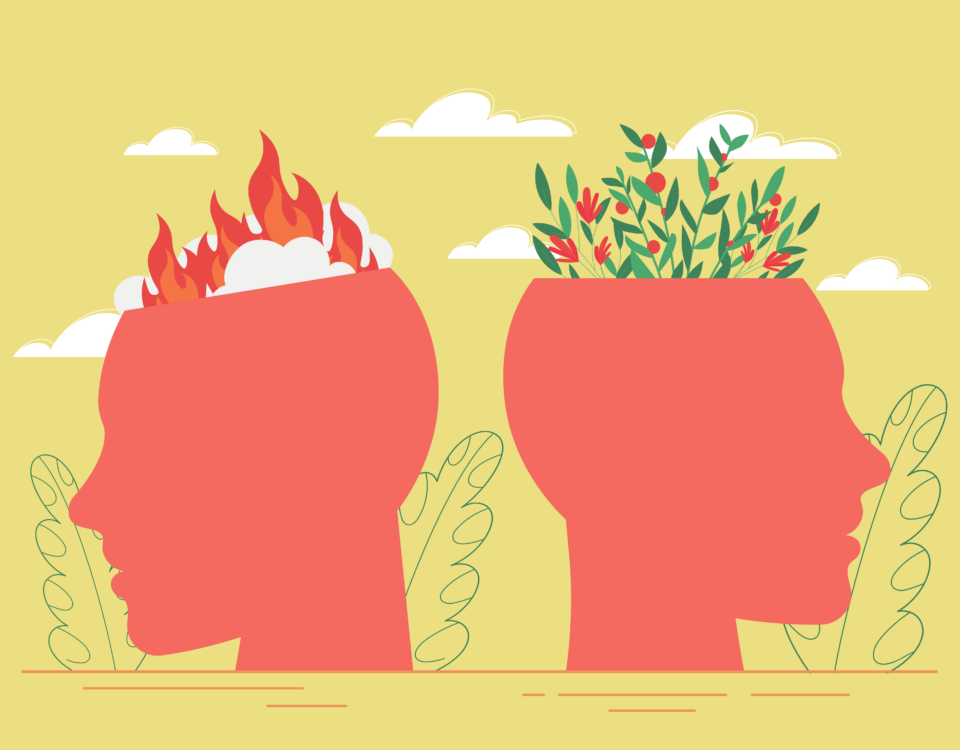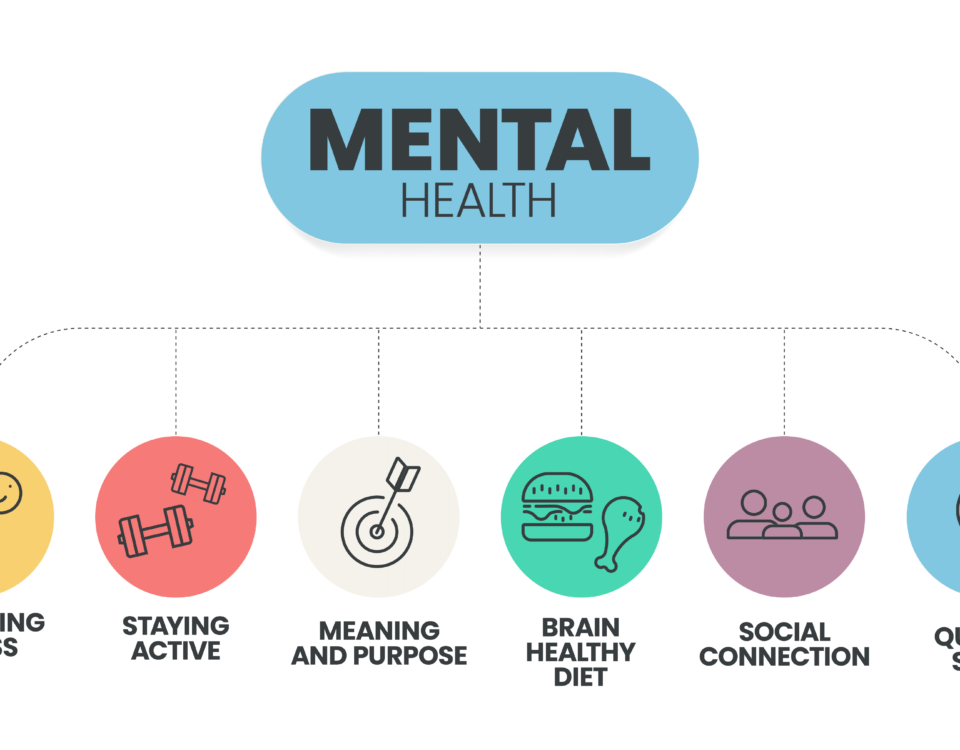Lorem ipsum dolor sit amet, consectetur adipiscing elit, sed do eiusmod tempor incididunt ut labore et dolore magna aliqua. Ut enim ad minim veniam, quis nostrud exercitation ullamco laboris nisi ut aliquip ex ea commodo consequat. Duis aute irure dolor in reprehenderit in voluptate velit esse cillum dolore eu fugiat nulla pariatur. Excepteur sint occaecat cupidatat non proident, sunt in culpa qui officia deserunt mollit anim id est laborum.
Getting into treatment is easy with our free insurance verification
"*" indicates required fields
Causes of Binge Drinking
In recent years, binge drinking has received more attention. This dangerous pattern of intense alcohol consumption often contributes to reckless and risky behaviors and is even considered a possible determining factor for alcoholism. But what causes binge drinking in adults? Today, we’re discussing the causes of binge drinking and the best way to quit while you’re ahead.
Binge Drinking and Its Consequences
According to the National Institute on Alcohol Abuse and Alcoholism, binge drinking is a pattern of drinking alcohol that brings your blood alcohol concentration (BAC) to 0.08 percent or higher. Specifically, binge drinking is when an adult female drinks 4 or more drinks or an adult male consumes 5 or more drinks within 2 hours.1
Binge drinking is extremely common in the United States. In 2019 alone, 66 million people (24 percent) in the U.S. ages 12 and older reported binge drinking in the past month.2 While it’s a concern among all age groups, binge drinking is especially common among teens, young adults, older adults, and women.
Binge drinking can lead to several problems. By crossing the binge threshold for alcohol, you increase your risk of acute harm, including blackouts and alcohol overdose, as well as unsafe sexual behavior, sexually transmitted diseases, and unintentional pregnancy.
Impairment caused by binge drinking can also increase the likelihood of deadly consequences like falls, burns, drownings, and car crashes. Additionally, alcohol affects every area of the body, and even one binge-drinking episode can compromise the function of your immune system and even increase your chances of developing acute pancreatitis.
Binge drinking is also a form of alcohol abuse, which can lead to chronic diseases and even cancers of different types, such as head, neck, esophageal, liver, breast, and colorectal cancers. Roughly 95,000 deaths resulted from alcohol misuse between 2011 and 2015 in the U.S. alone, almost half of which (46%) were linked to binge drinking.3
Any form of alcohol misuse also increases the chances that you’ll develop an alcohol addiction or alcohol use disorder. Otherwise referred to as alcoholism, this is a chronic disease characterized by uncontrollable drinking and preoccupation with alcohol that’s often associated with problems like unemployment, divorce, liver disease, cancer, and more.
Why Do People Binge Drink?
There isn’t one specific reason why people binge drink, but rather a variety of reasons. Common causes of binge drinking include:
- Peer pressure
- Culture
- Socializing
- Lower personal inhibitions
- Sense of social bonding with others
- Failure to detect drunkenness
- Adopting the behaviors of other drinkers
- Availability of alcohol
One of the most common reasons for binge drinking is socializing and fitting in. Not only does alcohol increase sociability by reducing inhibitions and producing sedation, but it’s also a common denominator in socializing.
Many people are either pressured by their peers to join in on the “fun” and drink, making it seem as if drinking is necessary to have fun or socialize and connect with others. People also binge drink to reduce stress and purposely lower their inhibitions.
Binge drinking can also occur if a person isn’t able to detect how intoxicated they are. They may believe they’re fine when the sense of drunkenness suddenly hits them.
You should also keep in mind that the more time you spend with people who binge drink, the more likely you are to adopt this habit. In the long run, this increases your likelihood of binge drinking and its risks.
Do I Binge Drink?
If you’re unsure whether you have a binge drinking problem, below are some questions you can ask yourself.
- Do I ever have more than four drinks in a day?
- Do I ever forget what happened when I was drinking?
- Do I feel guilty or ashamed when I drink too much?
- Do I think that I need to reduce how much I drink?
- Do I feel surprised when I drink more than I planned?
- Do other people comment on how I drink?
- Do I push aside other responsibilities to make time to drink?
How to Quit Binge Drinking Alcohol
If you’re not sure where to begin in reducing your alcohol intake, start by being honest with yourself. Write down how much you drink so you can catch any harmful patterns.
You should also pay attention to the places and people that tend to trigger you to drink more alcohol than you should. Replace alcohol at home with other beverages to reduce your alcohol intake, as well.
If you’re planning to drink when you go out, drink plenty of water and ask a friend to keep you accountable. Finally, don’t be afraid to get help.
Although binge drinking is not alcoholism, it’s often a beginning sign of a growing problem. Binge drinking can progress into alcohol addiction, so it’s best to tackle this issue sooner rather than later.
If you or a loved one is struggling with a drug or alcohol problem, our rehab in Boston can help. Banyan Treatment Centers offers drug and alcohol addiction treatment in Massachusetts to help people with all types of substance use disorders.
From telehealth addiction services to family counseling, our specialists work with our patients through every step of their recovery. Call us today at 888-280-4763 to learn how our drug treatment in Boston can help.
Related Reading:
Binge Drinking in Illinois by the Numbers
Sources:








